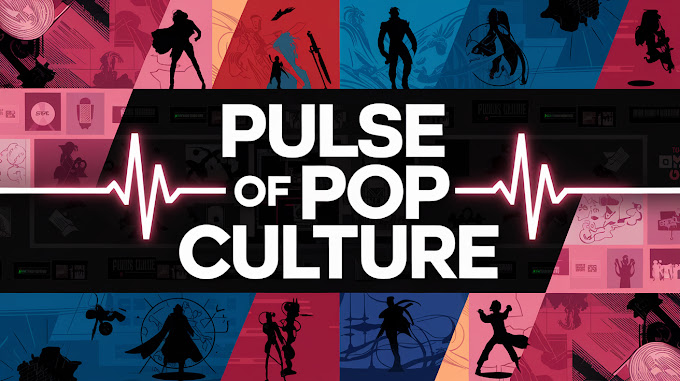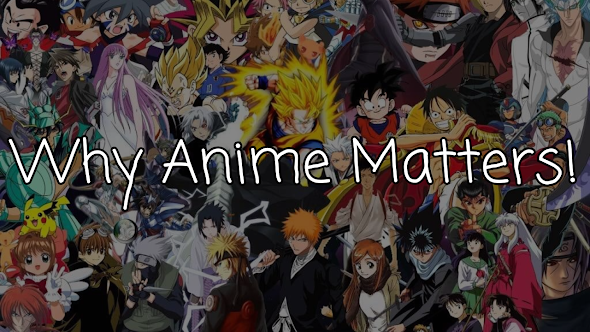When it comes to storytelling in the world of Japanese entertainment, anime and manga reign supreme as the go-to mediums for fans around the globe. Both provide rich, immersive experiences, but they have key differences that make each unique. The ongoing debate of “anime vs. manga” focuses on one important question: Which tells the story better? In this blog, we will explore the strengths and weaknesses of both anime and manga adaptations, diving deep into how each medium handles narrative, character development, pacing, and artistic style.
Manga: The Original Medium
Manga, the comic book format, is often the original source material for many anime adaptations. Mangaka (manga creators) have complete control over the narrative, pacing, and artwork, crafting the story exactly as they envision it. With fewer limitations compared to anime, manga allows for intricate plotlines, deep character exploration, and, most importantly, the pacing that fits the creator’s style.
Pacing and Story Depth: Manga is usually serialized chapter by chapter, allowing creators to gradually develop their stories. This results in more comprehensive world-building and character development, giving readers a closer look into the story’s details. Mangaka can take their time to flesh out every plot point without the pressure of adhering to an episode format.
Artistic Consistency: Since the original artist handles all illustrations, the visual style remains consistent throughout the series. Fans often appreciate the artwork in manga for its attention to detail and its ability to reflect the creator’s vision without compromise.
Freedom of Interpretation: Manga gives readers the freedom to interpret emotions, pacing, and atmosphere at their own pace. You can linger on a specific panel, absorbing all its nuances, or breeze through action scenes depending on your personal reading style.
Anime: A Visual and Auditory Experience
Anime adaptations breathe new life into manga by adding color, motion, soundtracks, and voice acting. It transforms static images into a fully immersive experience that appeals to a broader audience. However, the transition from manga to anime doesn’t come without challenges.
Cinematic Storytelling: One of the greatest strengths of anime is its ability to tell a story in a more dynamic, visual format. Action scenes, emotional moments, and dramatic confrontations come alive in ways that are impossible in the still images of manga. The movement, combined with music and voice acting, can amplify the emotional impact of a scene.
Voice Acting and Music: Anime offers a unique advantage with voice actors and music that elevate the story. A character’s voice adds a layer of personality and emotion that manga can’t provide. Similarly, a well-timed soundtrack can enhance dramatic moments and make scenes more impactful.
Pacing Issues: The episodic nature of anime often means that stories have to be condensed or stretched to fit time slots. This can sometimes result in rushed storylines, filler episodes, or skipped content that was present in the manga. Alternatively, some anime face the challenge of catching up to an ongoing manga, leading to slower pacing or the creation of non-canonical “filler” arcs.
Visual Adaptation: While anime brings manga to life with movement and color, it can sometimes lose the detailed art style of the original. Animation budgets and production schedules often force compromises on visual quality, which can disappoint fans of the manga’s more intricate drawings.
Adaptation Challenges: Staying Faithful or Evolving the Story?
One of the biggest differences between anime and manga comes from how closely an adaptation follows its source material. Some anime are extremely faithful to the manga, recreating the story almost panel for panel, while others take creative liberties, introducing new elements or altering plotlines to fit the episodic structure.
For example, anime like Fullmetal Alchemist (2003) famously diverged from its source material, creating an entirely different narrative as the manga hadn’t been completed. On the other hand, Attack on Titan and My Hero Academia follow their manga counterparts closely, making only minor changes to fit the medium.
Filler Content: One notable downside to anime is the dreaded "filler" content. Anime that adapts ongoing manga often catches up to the source material quickly, forcing studios to create filler episodes or arcs to buy time. These episodes rarely contribute to the main storyline and are often viewed negatively by fans.
Ending Differences: Manga tends to have a singular narrative controlled by the creator, while anime may veer off due to production constraints. As a result, many anime series either feature incomplete adaptations or different endings than the manga, which can cause frustration for fans of the original work.
The Verdict: Which Tells the Story Better?
Ultimately, whether anime or manga tells a better story comes down to personal preference. Manga is ideal for readers who prefer more control over the pacing and enjoy exploring deeper, unfiltered narratives directly from the creators. Its artistic consistency and focus on detail often make it the purer form of the story.
On the other hand, anime offers a visually and emotionally charged experience that can bring scenes to life in ways manga never could. The addition of voice acting, music, and movement elevates the narrative, creating an engaging atmosphere that appeals to a wider audience.
Conclusion
Both anime and manga have their unique advantages when it comes to storytelling. Manga excels in detailed storytelling and pacing, while anime transforms stories into a cinematic experience. The best choice depends on how you prefer to consume stories—whether you enjoy the immersive visuals and sounds of anime or the artistic depth and freedom of interpretation in manga. In the end, both mediums offer remarkable storytelling experiences, and as fans, we’re lucky to enjoy the best of both worlds.



.jpg)

.jpg)
No comments:
Post a Comment